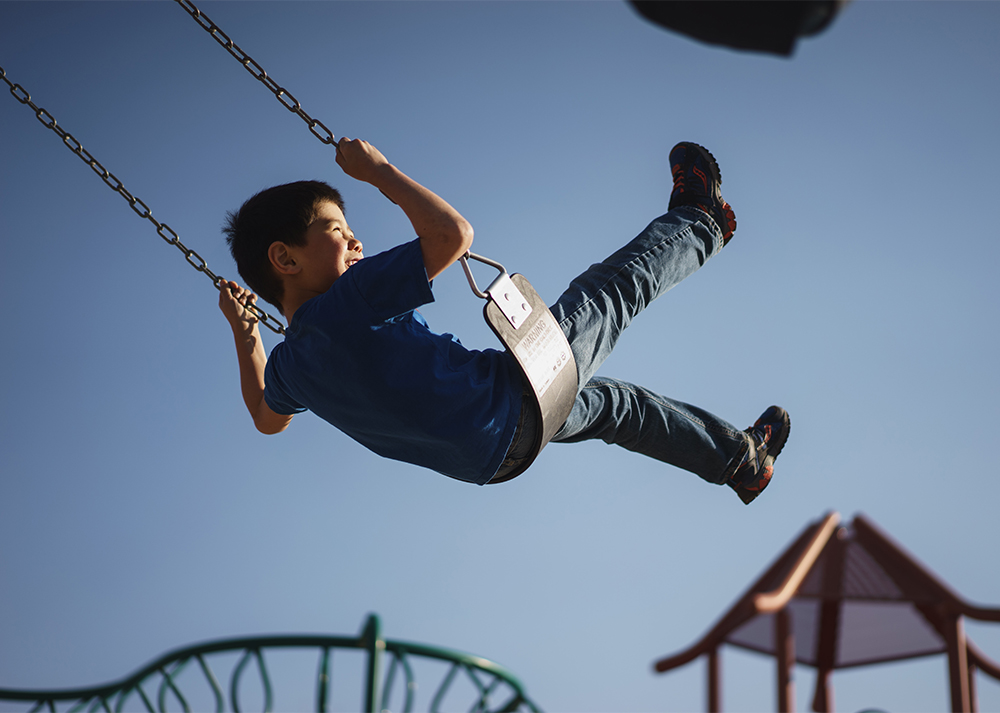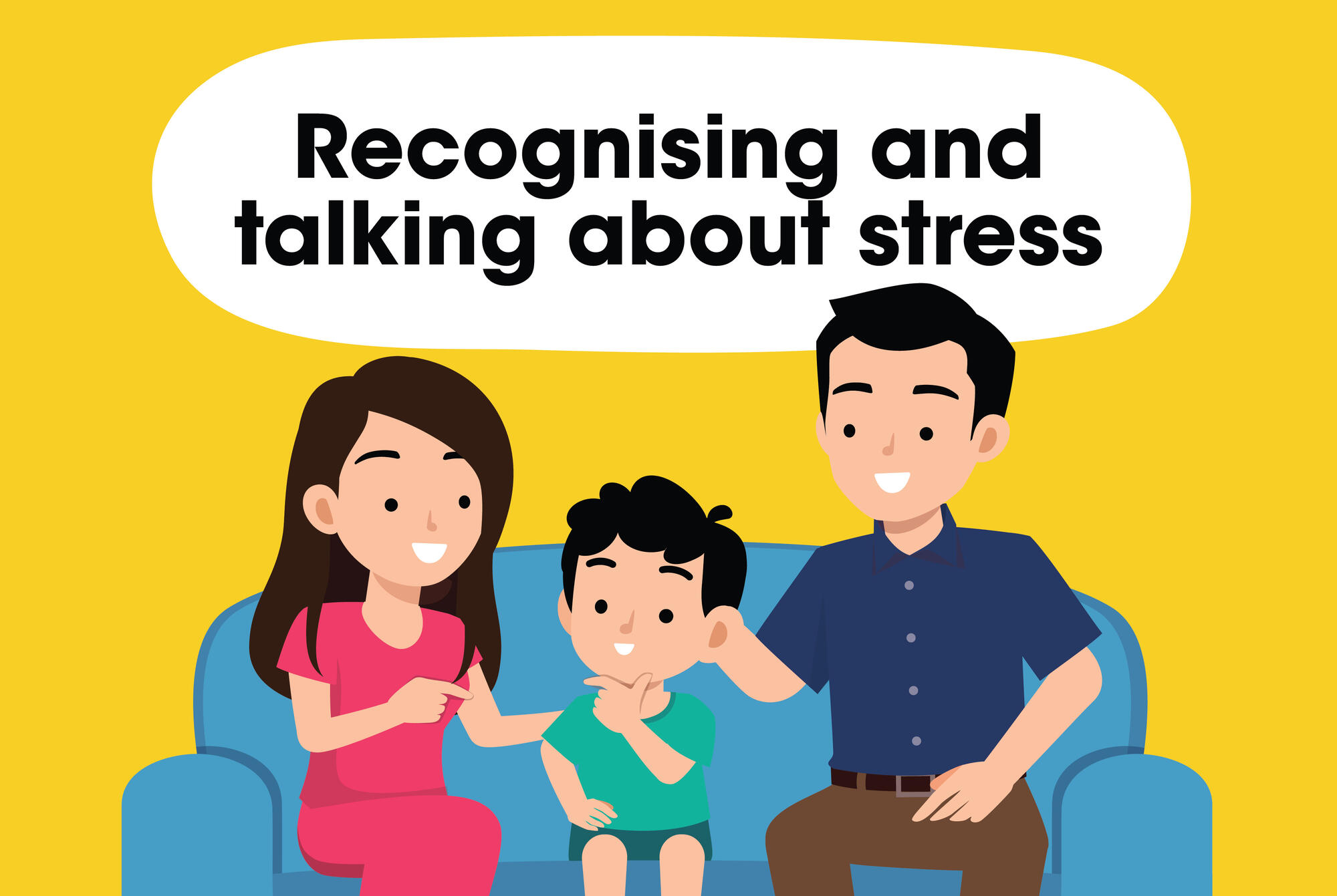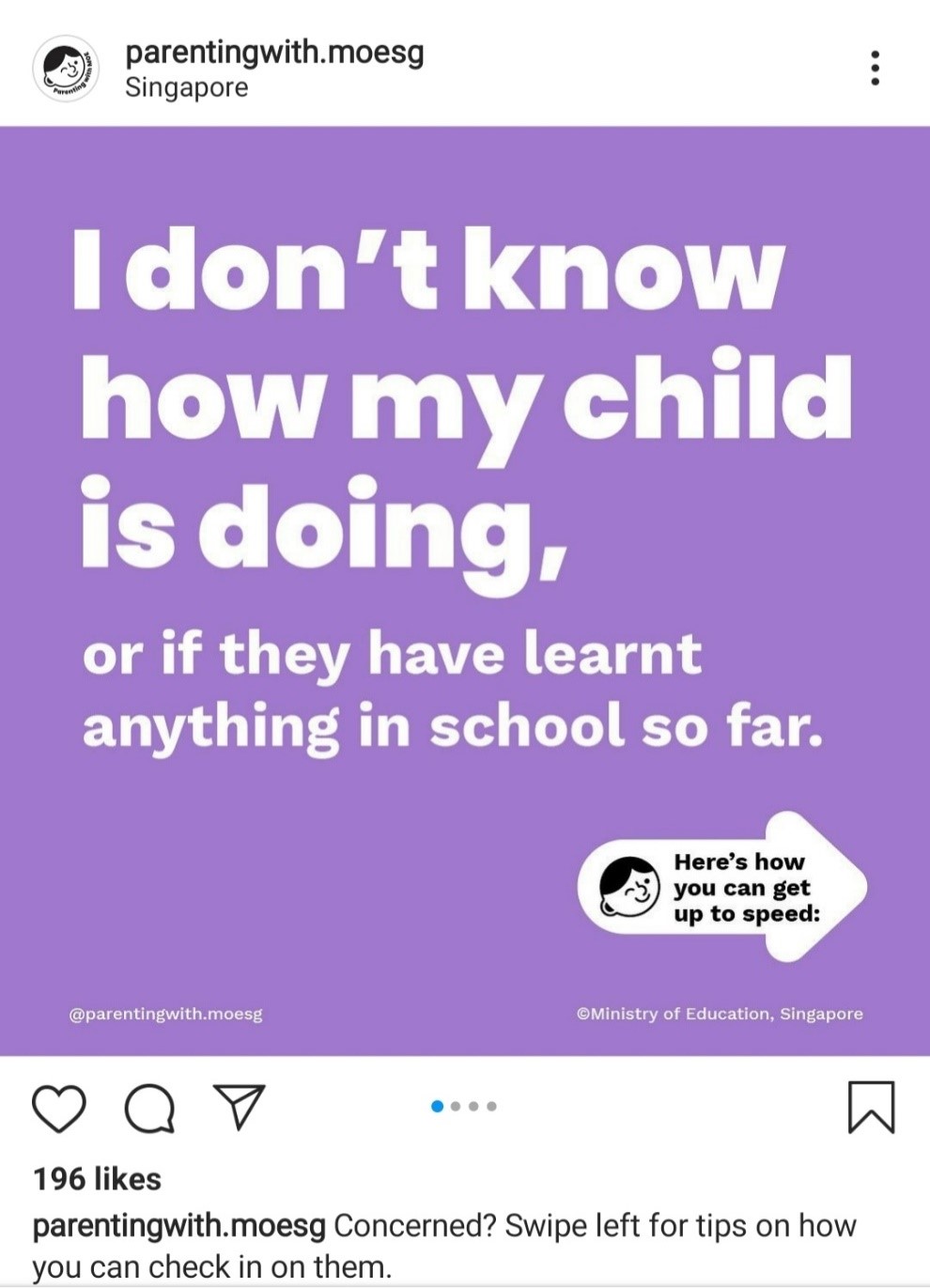Tee Hun Ching, a mother of two, is a copy editor and freelance journalist who was previously an editor with The Straits Times.
When my son entered Primary 1 in 2014, there was a line in the orientation handout that struck me as particularly wise: If the students forgot any items that were required for the day, we were “strongly discouraged” from acting as their couriers.
This, the school explained, was to instil a sense of responsibility in the kids. Three years later, when my daughter hopped onto the academic ladder at a different school, I was given a variation of this reminder, along with others that encouraged us to give our children room to find their feet and learn from their mistakes instead of swooping in at the first sign of trouble.
With these sensible pointers lodged in my mind, I’ve managed to stop myself from flying to my children’s aid over the last five years when they are in a pickle.
‘Walletgate’
Once, my son forgot a bag that contained materials for an art lesson and props for a class presentation scheduled for that day. I fought the impulse to drop the bag off and he was rightly ticked off by his teacher.
He learnt to scrawl reminders to himself on sticky notes that day, but continues to pay for his absent-mindedness today. My resolve to stick by the ‘no-rescue policy’, which advises withholding help in cases of repeated forgetfulness or laziness, was sorely tested earlier this year when he left his wallet and mobile phone at home. With neither his student concession card nor money for his bus fare, I wondered how he would make his way back.
I decided against delivering the items to him but considered asking his form teacher to relay a message. In the end, I settled for waiting for an SOS call, which never came. My 11-year-old made it home by cobbling together money for his bus fare from kind friends.
He confessed to feeling panicky at first, but said (somewhat smugly) when asked why he didn’t call me: “I can handle it.”
It takes iron willpower to sit back and not lift a finger when you see – or imagine – your kids stumbling. But I’m glad I’ve stuck it out so far.
With each episode, my son learns that his careless attitude comes with consequences. And with each experience comes an opportunity for him to grow in maturity, resourcefulness and resilience.
Dialling up resilience
Not long after ‘Walletgate’, he got lost on his way to a tuition class. It was a bus journey he was familiar with, but a road diversion had thrown him off course that day. He alighted one stop earlier and took 10 minutes to regain his bearings.
“Why didn’t you call?” I asked when he recounted the incident a week later.
“I didn’t think you would be able to help even if I did,” he replied. “Anyway, it was faster to figure my own way out.”
I took this as further proof that, to build independence and a positive outlook, one first has to weather negative experiences. Resilience, the ability to bounce back from negative events or cope with adversity and changes, has been touted by parenting and mental health experts as a precursor to success in life. By success, they are concerned not so much with wealth and power but the confidence to navigate life’s ups and downs and stay the course.
Like stamina, resilience is built up day by day, step by step. It is not, as a contributor to Forbes magazine put it, “a light switch that you can flip on but rather a dimmer that you can proactively dial up with practice”.
The onus, then, is on us to give our children all the practice they need through the daily challenges they face before the stakes get too high. Yet being hands-off goes against the grain of today’s overprotective parents. We see it as our duty to shield our kids from failure and frustration, so we push, meddle and go all out to clear obstacles in their path.
But ‘snowplough’ parents have been accused of spawning an emotionally brittle generation that clings to their sides for far too long.
The New York Times reported in March that parents are known to apply for jobs on behalf of their children, lobby their employers for a raise and even attend job interviews with them. We tend to forget that a key responsibility of parenting is to train our kids to take responsibility for themselves.
Step in or keep out
Whenever I find my resolve wavering, I recall this piece of parenting wisdom: Our job is not to help get them out of trouble, but to help them devise solutions to their troubles. We can be their guide but not their lifelong fixer.
So when my kids get into a fix, I would first ask myself: Is this something they can handle on their own? If so, I will leave them to it.
If they miss a project deadline or forget to complete a piece of work, say, they know it’s their job to speak to their teachers and buck up. If they appear out of their depth, we would discuss what they could do and I would check in to see if follow-up was needed.
When my daughter, then seven, was having trouble with a classmate, who kept raiding her pencil case and disrupting her work, we came up with a few ways to deal with the girl. I told my daughter I would speak to her form teacher if she wanted me to, but that she should first give herself – and her friend – a chance to work things out.
None of my suggestions – remind the girl to pack her own stationery; be polite but firm with her; alert the teachers if need be – seemed to work though. My daughter still came home daily with a furrowed brow and a litany of complaints about her friend.
But in the weeks that followed, she learnt to stand her ground and tune out the classmate’s antics without me having to bother her teacher.
Resolving issues on their own builds self-confidence. And experts recommend teaching kids a standard approach to problem-solving as they grow older and life gets more complicated.
Vicki Caruana, a professor of education at Mount Saint Mary College in New York, offers a handy four-step process: 1) Define the problem; 2) Evaluate all possible solutions; 3) Develop a plan of action; 4) Adjust plans when necessary.
After all, as Julie Lythcott-Haims, the former dean of freshmen at Stanford University who wrote ‘How To Raise An Adult’ put it: “The point is to prepare the kid for the road, instead of preparing the road for the kid.”
Which path would you pick?






